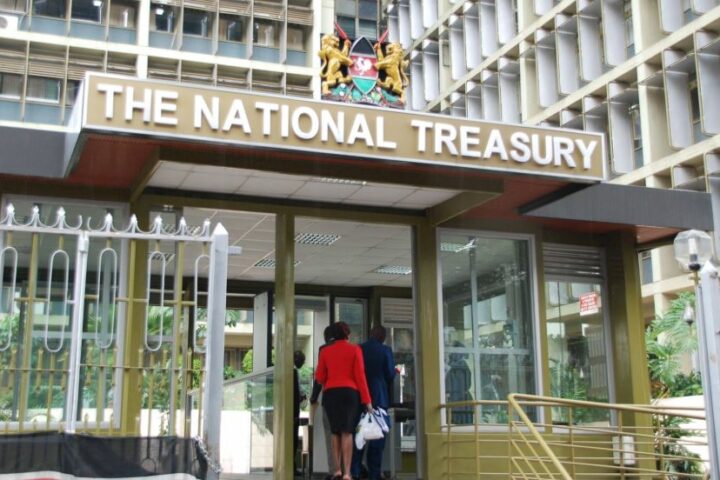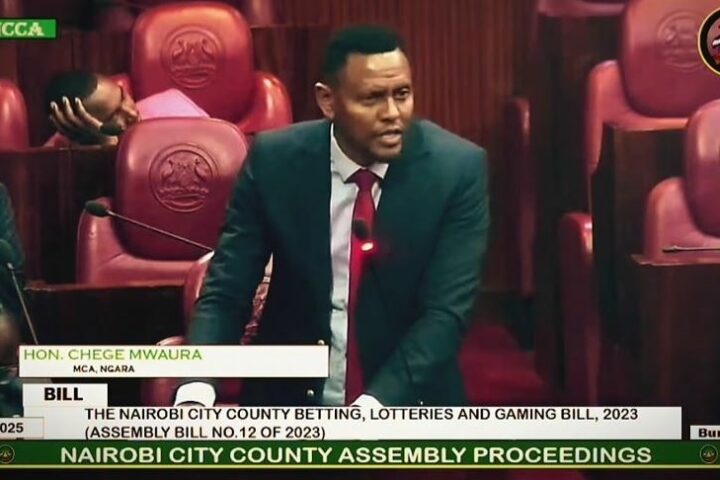
Kenya’s Ministry of Environment has announced stringent measures to combat pollution in the Nairobi River. Environment Cabinet Secretary Aden Duale has warned that 145 factories and slaughterhouses face closure if they continue dumping solid waste into the river.
The announcement came during a session with the National Assembly’s Committee on Defence, Intelligence, and Foreign Relations. Duale emphasized that businesses found discharging effluent into the Nairobi River will face severe consequences, including license revocation and closure.
“We have now agreed with the National Environment Management Authority (Nema) that the 145 factories and slaughterhouses which we have identified for releasing effluent to Nairobi River must be closed,” Duale stated. He added that these establishments must either comply with Nema laws on waste management or cease operations.
The Cabinet Secretary highlighted that the primary threat to the Nairobi River stems from sewage and solid waste dumping by various firms. He noted that many sewer lines operated by Nairobi Water and Sewerage Company (NWSC) and Athi River and Sewerage Company currently terminate in the Nairobi River.
In a parallel initiative to address the pollution crisis, Duale announced the hiring of 10,000 youth to clean the Nairobi River. This cohort began their work on Monday, marking the start of a comprehensive river cleanup project.
“In 10 days, you will see me and President Ruto in gumboots joining the youth to clean the Nairobi River,” Duale promised, underscoring the government’s commitment to the cause.
The Cabinet Secretary also revealed surprising findings about the sources of pollution. Contrary to common assumptions, he stated that informal settlements contribute less than one percent of the river’s pollution. Instead, he pointed to large companies and middle-class residents along the river as the primary polluters.
To strengthen the legal framework for environmental protection, Duale announced that he has presented regulations to fully operationalize the Environment Management Coordination Act, 2016. Five of these regulations have already been cleared by the Attorney General and are set to be published and presented to Parliament next week.
The government’s renewed focus on environmental issues extends to personnel changes within Nema. Duale disclosed that he had ordered the transfer of the Nairobi Region Nema director due to integrity concerns and alleged corruption.
Nema Director General Mamo Boru Mamo affirmed the authority’s commitment to enforcing environmental laws, ensuring Kenyans can enjoy a clean and secure environment.








